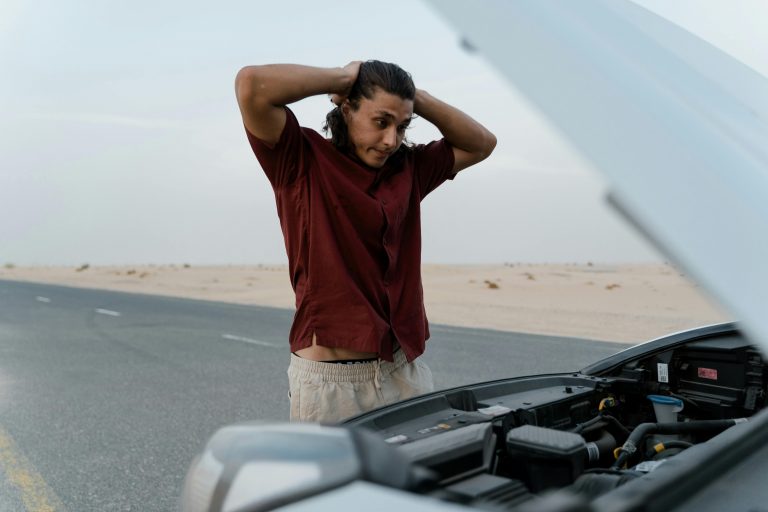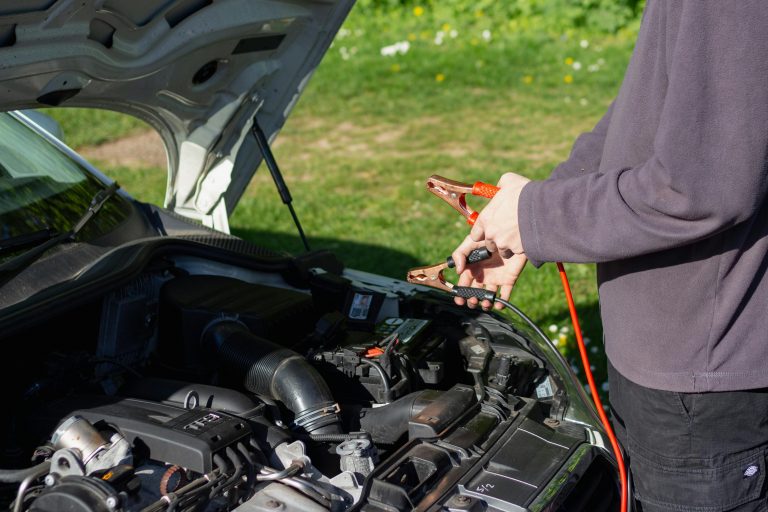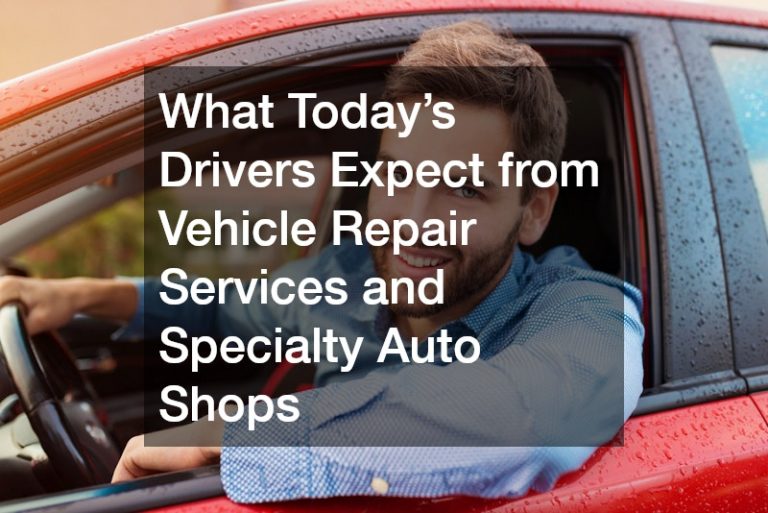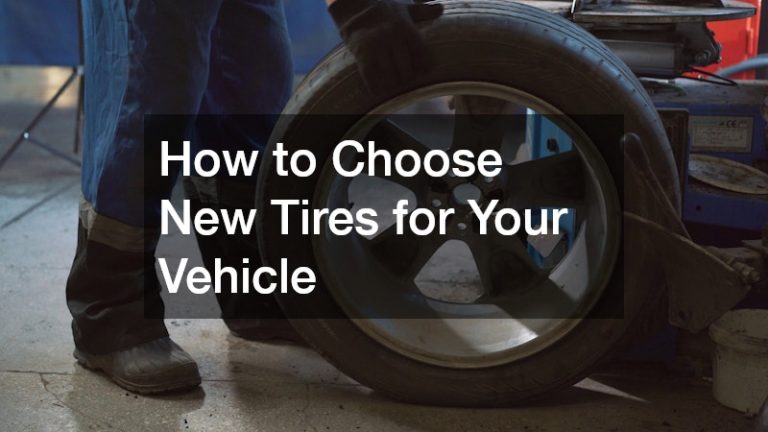

It’s never fun to be driving along and realize that you need car repair done. It can often be a really scary realization, especially if something gives out as you’re driving. Things like faulty brakes or a bad transmission absolutely cannot wait for repair — you should get that checked into straight away. However, there are also measures you can take to make sure that you’re never in a situation with a failing transmission or a bad transmission or brakes that have totally given out. Although some people may regard routine maintenance on their vehicle as an unnecessary cost, it’s actually crucial to keeping your car in good working order and avoiding heftier repair costs later on down the line. It’s better to get your transmission fuel replaced at a routine checkup than have to totally replace your transmission or get intensive transmission work done in a few months when it breaks down.
What Basic Car Maintenance Should I Be Taking Care Of?
Did you know that not properly taking care of your vehicle is expensive for the economy, costing it upwards of $2 billion annually. Although the average annual maintenance is around $5,371 every year, not counting insurance expenditures, the costs of totally repairing something or ordering a new part can be significantly higher than that. Your vehicle is an expensive investment, but one that can last for awhile if you really take care of it.
Car experts suggest checking your tire alignment once every 6.000 miles — another good gauge is to get your tires aligned whenever you get your oil changed. This affects how your tires make contact with the road and saves them on unnecessary wear and tear.
You should also have your mechanic check vehicle belts and hoses when you go in for your check up. This can help you avoid a total car breakdown — in any given inspection, at least one belt was labeled as unsatisfactory in almost 20% of them and over 15% of vehicles needed at least one new hose.
How Do I Know If I Should Be Getting My Transmission Checked Out?
If you’re hearing strange noises — like a whining noise or another noise that indicates the engine is working too hard — that may be a sign that you have a bad transmission that is slipping. Your car may refuse to accelerate or feel like it’s not working at maximum horsepower — another sign of a bad transmission. You may also notice a rougher transition between gear shifts. One of the most common signs is a transmission fluid leak — the fluid is kept sealed, so you should never see it, and it’s cause to go straight to a mechanic if you do. A check engine light may also come on — don’t ignore it!
One proactive thing you can do is get your transmission fluid replaced regularly, to avoid a more fullscale transmission repair, especially if you’re labeled in the “severe use” category of using your vehicle. Severe use is when your transmission is used over 50% of the time in heavy city traffic with temperatures that are above 90 Fahrenheit. Car experts suggest you should get your transmission fluid and filter changed every 15,000 miles in that case. If you should have a transmission leak, you can expect to pay between $150-$200; costs are variable depending on the make and model of your vehicle.
What Are Signs my Brakes Might Need Replacing?
Of course, the most easily identifiable sign is that you’re not stopping — or you’re stopping very slowly — when you hit the brakes. If you hear screeching noises, that’s another good indicator that you should get your brakes or brake pads fixed. You should get your brake pads changed every 30,000-70,000 miles, depending on how hard you drive and how often you use them. Replacing your brakes is crucially important for your safety and for those around you on the road.
Drive safer when you take your vehicle in for regular inspections and maintenance. Not only are you keeping yourself safe, but everyone else on the road around you. Be a responsible driver!



